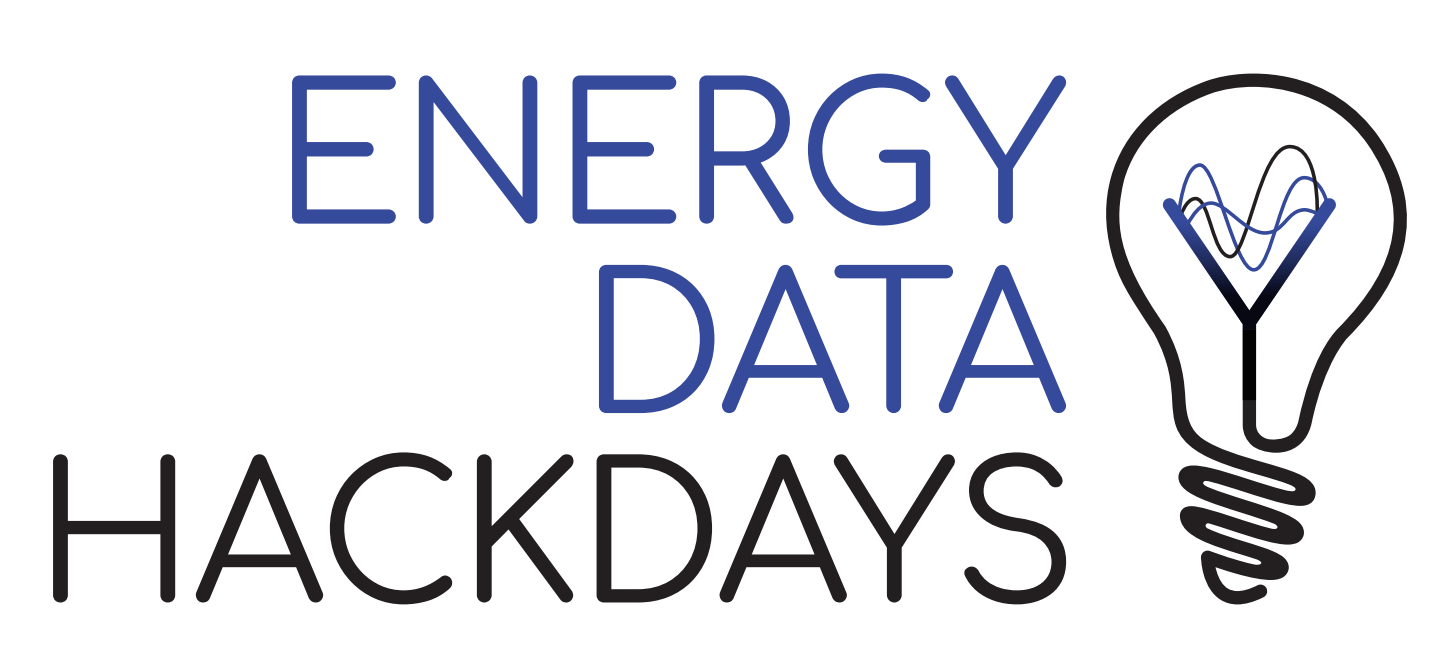08_Digital twins for domestic heating systems
How can digital twins help us to safe energy while keeping our appartements warm and guaranteeing that sufficient hot water is available?
Digital twins for domestic hot water and heating distribution systems
What is it about?
In Switzerland, heating and cooling is responsible for 80 % of the residential energy demand. To keep appartements cosily warm and to provide always abundantly cold/hot water at any time. However, complex energy and water systems are required to provide this service 24/7. Motivated by the IOT trend, also the number of sensors installed and recording data from residential energy systems is steadily increasing. To operate these systems energy efficiently, clever control strategies are required to prevent overprovision of hot water or overheating of the rooms. In particular, digital twins attracted recently much attention because these (data-driven) system models enable the optimisation of the energy system without touching it. Join this challenge to explore new applications of data from your home or to actually build digital twins for hot water provision systems or appartements.
The challenge:
In this challenge you will have the possibility to explore the multiple benefits of digital twins. Depending on your background three different directions of the challenge are waiting on you:
-
Hot water provision: Based on measurement data of a domestic hot water system build a digital twin of the system and explore how well you can predict the hot water demand of the system?
-
Appartement: Start from monitoring data of an apartment and develop a data-driven digital twin to predict its behaviour based on external parameters such as the solar radiation.
-
Ecosystem: Which benefits can digital twin provide in the residential context? Which new applications could be realised? Who owns a digital twin? Which fears could arise?
Independent of whether you are an energy expert, a data scientist or an enthusiast, this challenge offers you the possibility to contribute to the energy turnaround in your home.
Data:
Two disparate datasets are ready for this challenge:
-
Monitoring data from two identical domestic hot water preparation system in different buildings. This data set is ideally suited if you would like to develop a digital twin yourself or to showcase the prediction of the hot-water consumption of different users.
-
Monitoring data from a flat including time-resolved room temperature measurements, heat fluxes to the rooms and solar radiation data.
Presentation
Previous
Energy Data Hackdays 2021
Next project

